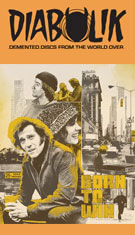
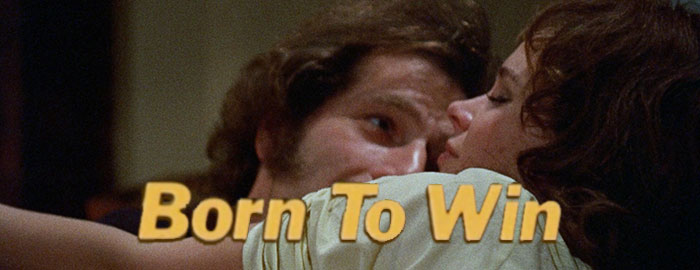


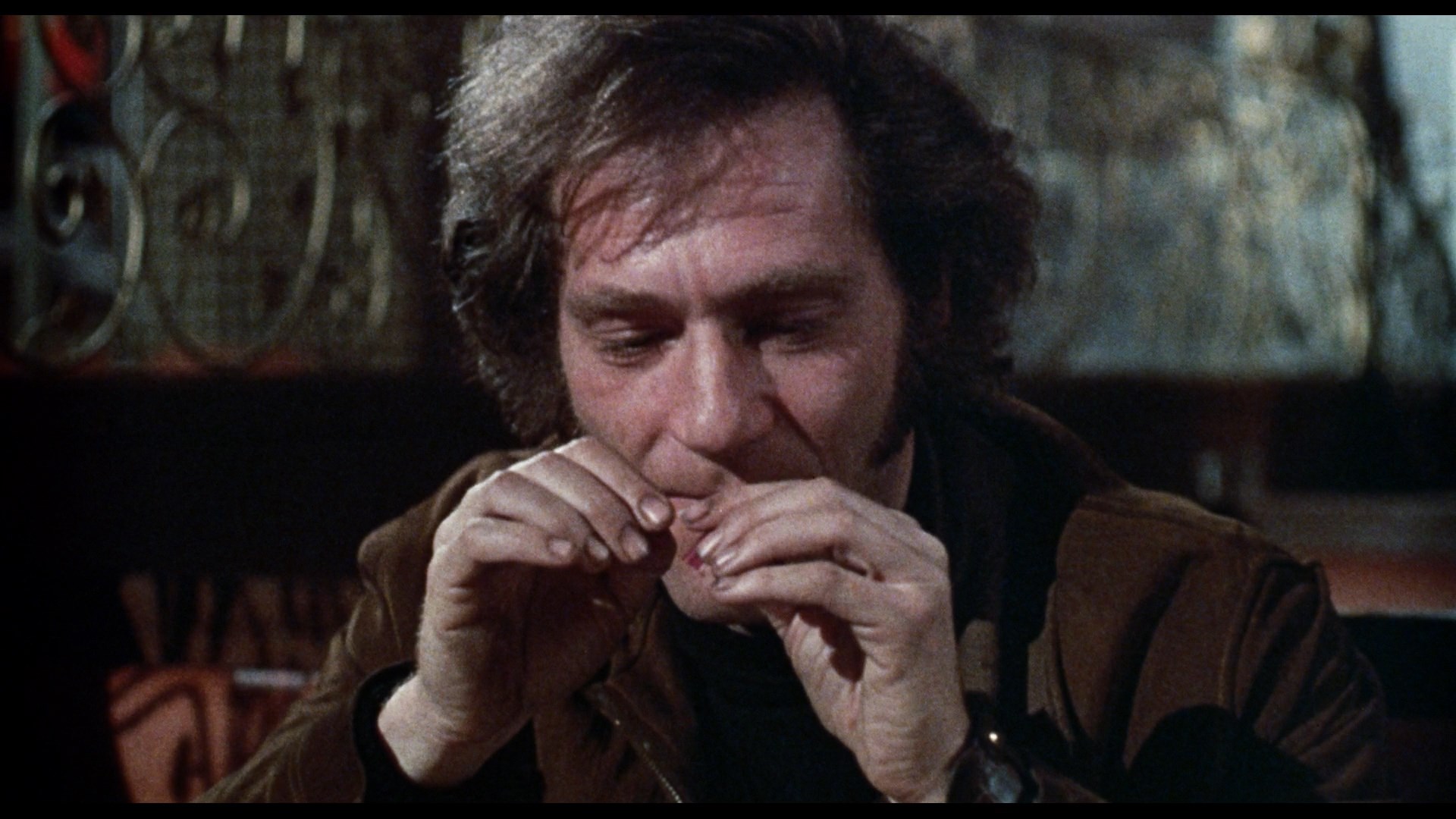 in censorship standards for violence, nudity, and
in censorship standards for violence, nudity, and 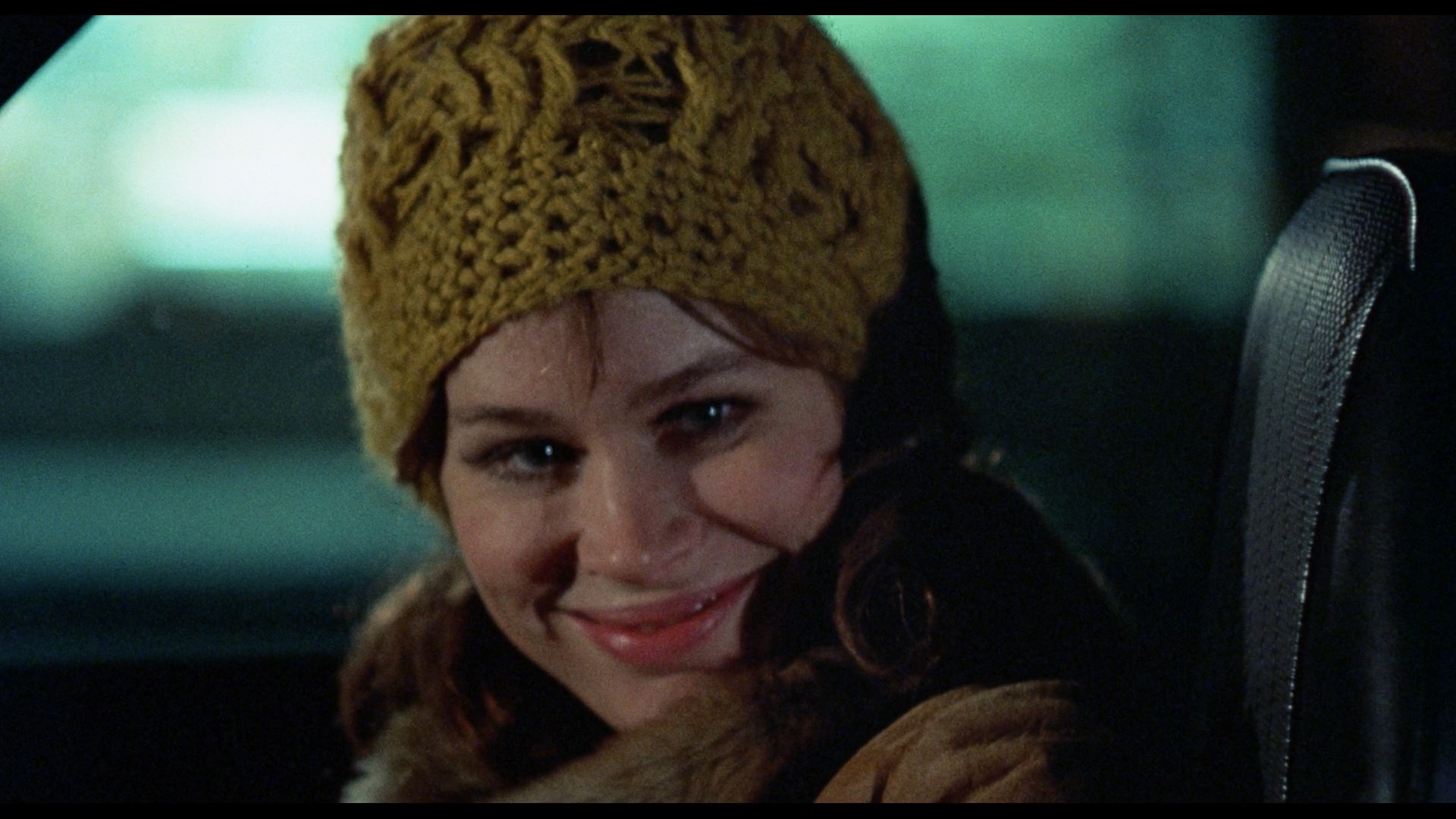 profanity with the inauguration of the modern MPAA ratings system in the late '60s, adult themes were soon permissible in a way that couldn't have been depicted a decade before. Take drug use, which had been gradually escalating on theater screens since Otto Preminger's The Man with the Golden Arm but was only depicted in graphic detail for years in underground films like Paul Morrissey's Trash. The early '70s changed all that with films like Panic in Needle Park and the lesser seen Born to Win (shot under the title Scraping Bottom), with New York City in particular providing a rich backdrop for an assortment of oddball junkies fighting to live day by day.
profanity with the inauguration of the modern MPAA ratings system in the late '60s, adult themes were soon permissible in a way that couldn't have been depicted a decade before. Take drug use, which had been gradually escalating on theater screens since Otto Preminger's The Man with the Golden Arm but was only depicted in graphic detail for years in underground films like Paul Morrissey's Trash. The early '70s changed all that with films like Panic in Needle Park and the lesser seen Born to Win (shot under the title Scraping Bottom), with New York City in particular providing a rich backdrop for an assortment of oddball junkies fighting to live day by day. 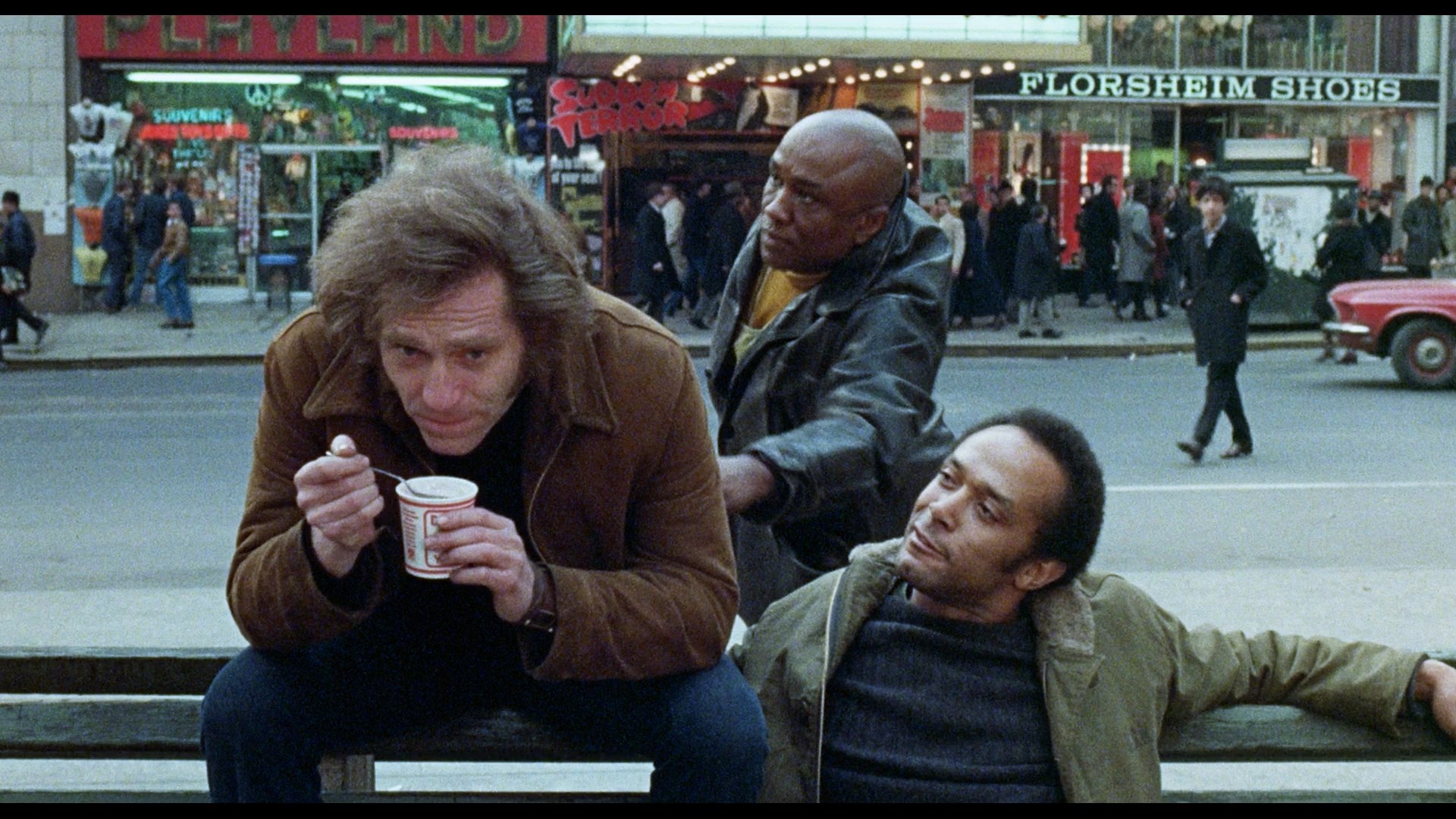 addiction and dealing have already broken up his marriage to Veronica (Prentiss). When he tries to steal a car belonging to Parm (Black), the two end
addiction and dealing have already broken up his marriage to Veronica (Prentiss). When he tries to steal a car belonging to Parm (Black), the two end 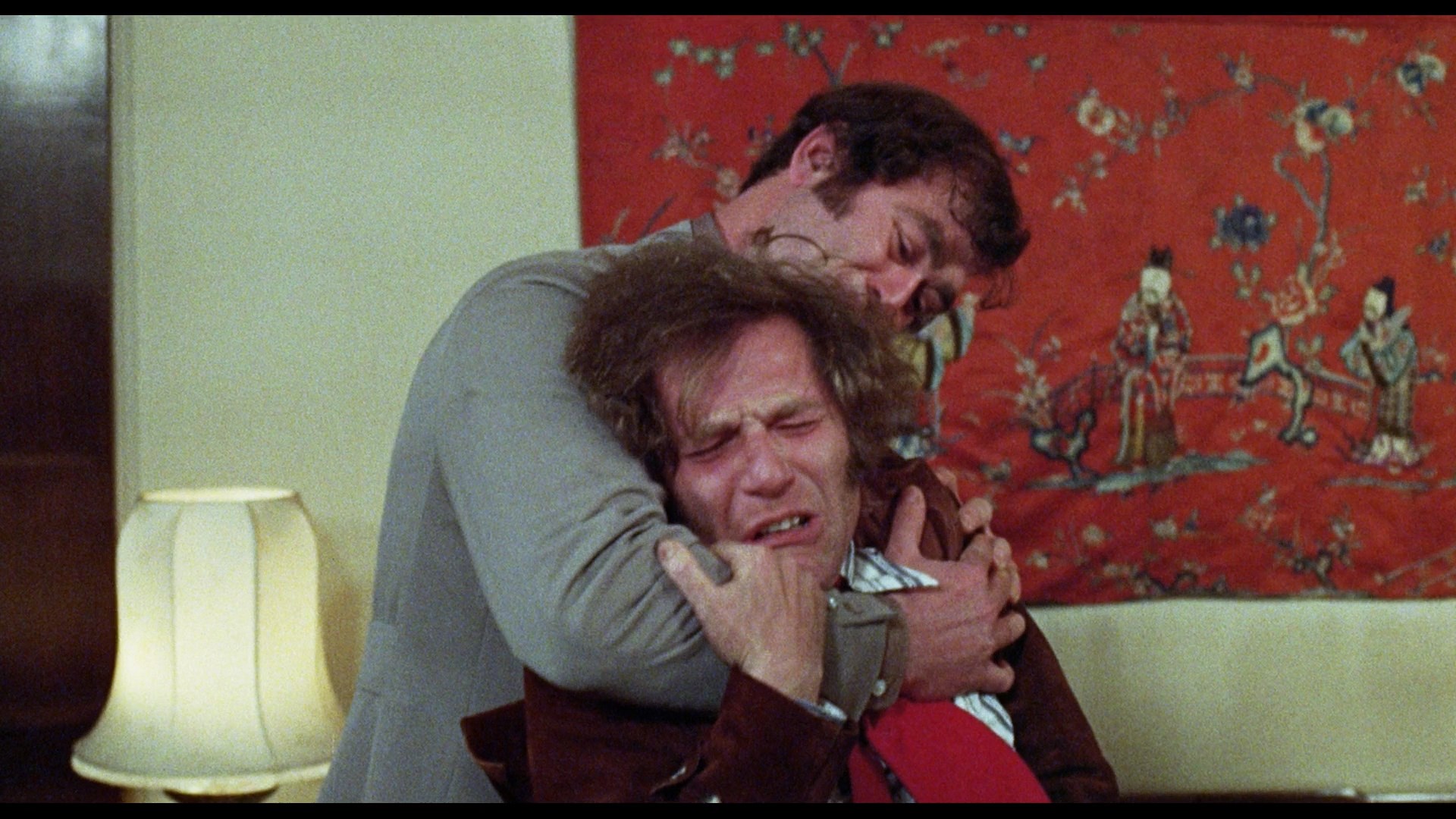 up having an on-and-off romance while J navigates between trying to reform himself and getting his next fix.
up having an on-and-off romance while J navigates between trying to reform himself and getting his next fix. 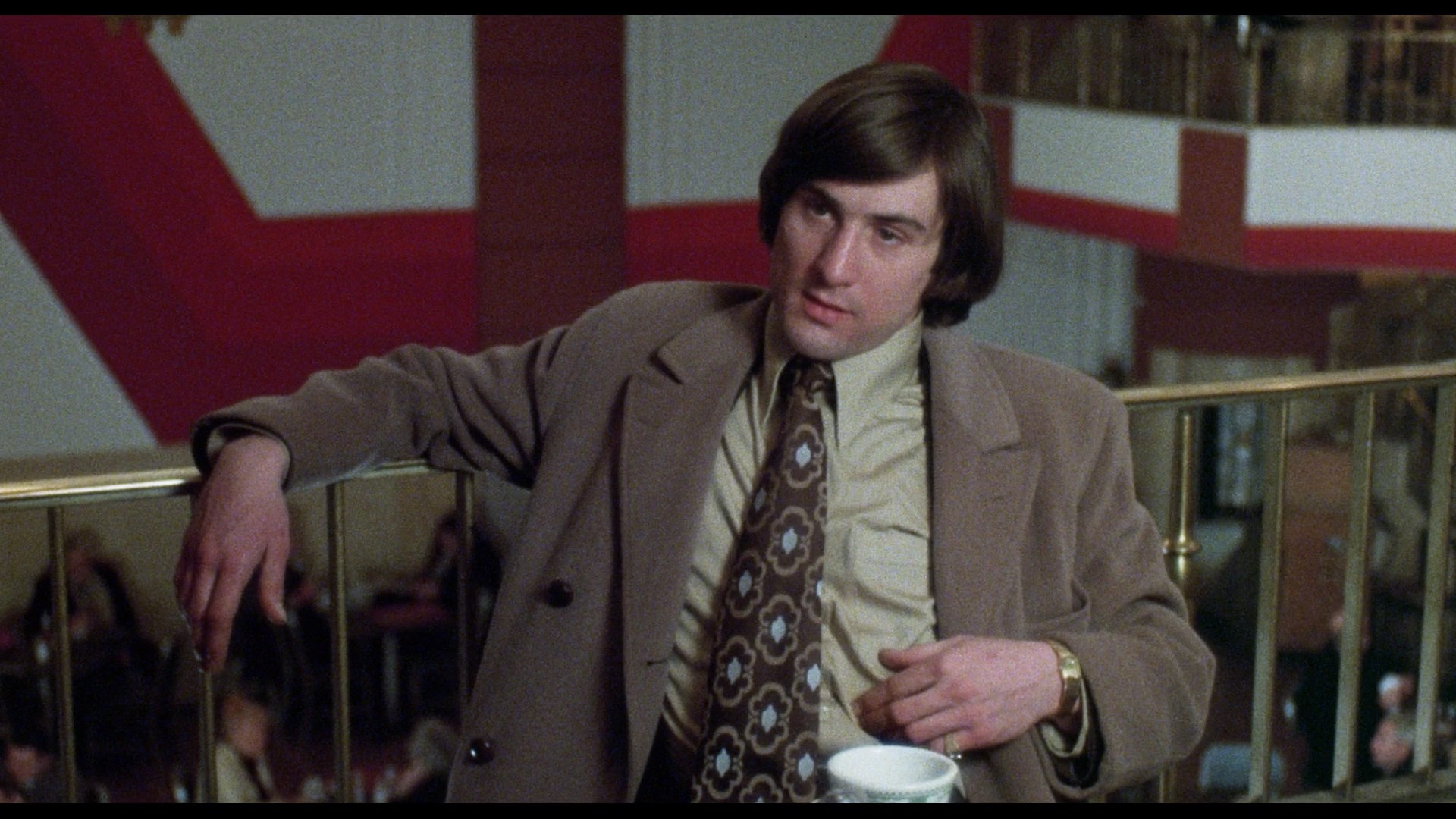 inherited it as part of the United Artists library). The new 2K restoration from the 35mm interpositive looks excellent, with the label once again letting it breathe as a gritty, grainy slice of '70s NYC filmmaking with all of the earthy colors and thick textures left intact. No complaints here, and it's
inherited it as part of the United Artists library). The new 2K restoration from the 35mm interpositive looks excellent, with the label once again letting it breathe as a gritty, grainy slice of '70s NYC filmmaking with all of the earthy colors and thick textures left intact. No complaints here, and it's 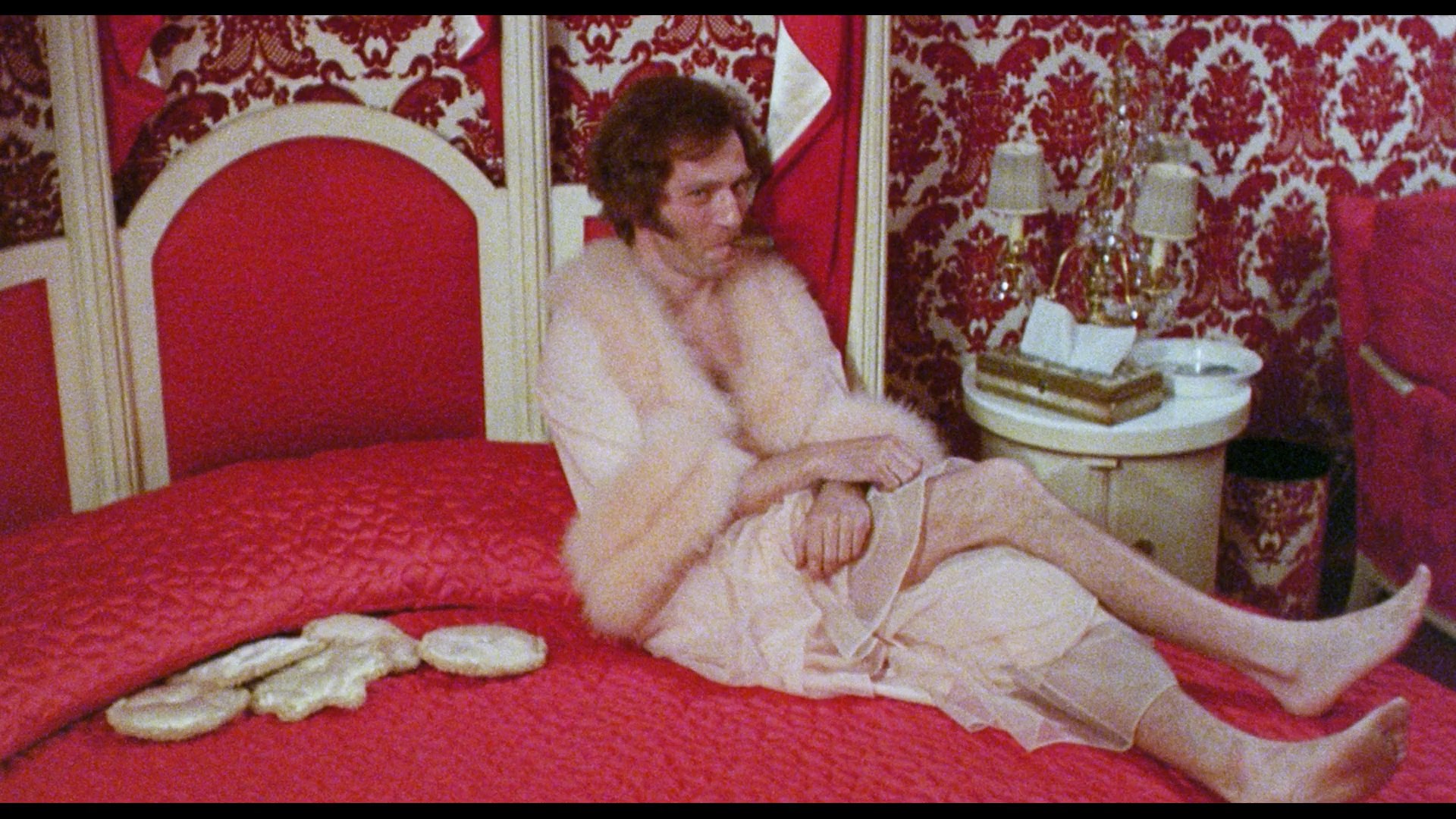 great to finally see this salvaged from the PD dumpster heap. The LPCM English 2.0 mono track is also in excellent condition and features optional English SDH subtitles. A new audio commentary by the Fun City Cinema podcast's Jason Bailey and Michael Hull is a perfect fit for the release as they clearly know their stuff, pointing out the ins and outs of NYC cinema (and geography) while pointing out lots of trivia tidbits along the way including ties to other films (even including an early reference to The Party at Kitty and Stud's). They also have quite a bit of background info including the film's origins as a very off-Broadway play by David Scott Milton, who ended up writing the screenplay and probably wasn't thrilled about UA's title change. Also included are the theatrical trailer and an insert booklet featuring a new essay by Justin LaLiberty appraising the film's virtues as a key but often overlooked slice of New York City cinema.
great to finally see this salvaged from the PD dumpster heap. The LPCM English 2.0 mono track is also in excellent condition and features optional English SDH subtitles. A new audio commentary by the Fun City Cinema podcast's Jason Bailey and Michael Hull is a perfect fit for the release as they clearly know their stuff, pointing out the ins and outs of NYC cinema (and geography) while pointing out lots of trivia tidbits along the way including ties to other films (even including an early reference to The Party at Kitty and Stud's). They also have quite a bit of background info including the film's origins as a very off-Broadway play by David Scott Milton, who ended up writing the screenplay and probably wasn't thrilled about UA's title change. Also included are the theatrical trailer and an insert booklet featuring a new essay by Justin LaLiberty appraising the film's virtues as a key but often overlooked slice of New York City cinema. ![]()